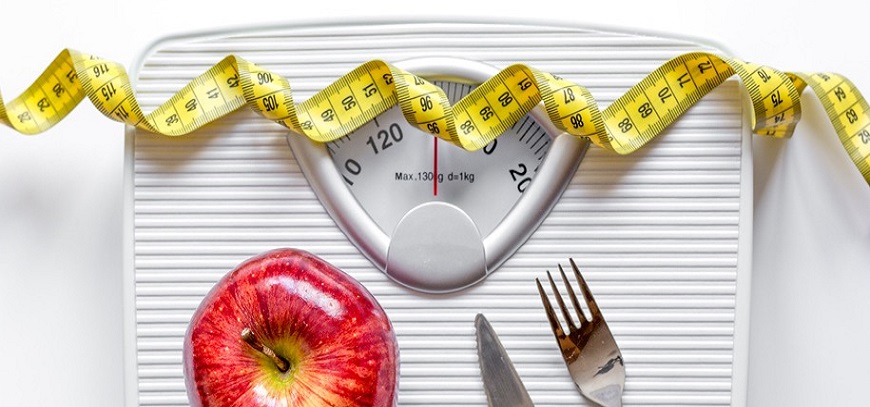Cholesterol And Nutrition
Working Hours
- Monday-Saturday 09:00 - 20:00
Contact Information
-
Phone: 0(232)463 20 00
0(530)690 66 44 - info@serenapoliklinigi.com
Contact Form

Cholesterol is a fat-like substance which is necessary for our body’s normal functioning. It is widely located in the whole body, especially the brain, nerves, heart, bowels, muscles, liver. Our body produces the hormone, vitamin D and bile acids using the cholesterol. The little amount of cholesterol is sufficient for these processes. However, if there is a high amount of cholesterol in the blood, this accumulates in the blood vessels and causes atherosclerosis and vasoconstriction. Whichever vessel of the organ the cholesterol accumulates, disorders related to that organ arise. The HDL (good cholesterol) level in our society is generally quite below the normal levels and LDL (bad cholesterol) quite above the normal levels. What is ordinary is that HDL cholesterol is high and LDL cholesterol is normal.
FACTORS THAT AFFECT THE CHOLESTEROL LEVEL
Diet: The saturated fats and high-cholesterol foods that you take to increase your blood cholesterol level. Although saturated fats are the main reason why your blood cholesterol increases, another factor is cholesterol itself. If you regulate the saturated fats and cholesterol amount with your diet, you help your blood cholesterol to decrease.
Weight: Being overweight increases the risk of developing heart diseases. Excess weights increase the incline towards high cholesterol. Going back to your normal weight helps to reduce your blood cholesterol.
Physical Activity: Regular physical activity helps to reduce the LDL (bad) cholesterol and to increase the HDL (good) cholesterol. 30 minutes of physical activity per day helps you to control your weight and cholesterol. There are also some factors that affect the cholesterol level and you cannot interfere.
Age and Sex: As men and women grow older, their blood cholesterol levels increase. The cholesterol levels which are low before the menopause in women as compared to the men increase after menopause.
Genetics: Your blood cholesterol level may be high due to genes coming from your family origin.
NUTRITION IN HIGH CHOLESTEROL
Things you can generally do to drop your blood cholesterol;
• Reduce the fat amount you take in your diet, prefer unsaturated fats (oils, especially olive oil) instead of saturated fats (generally butter). Consuming fish 2 days a week increases your animal-origin omega 3 type fatty acids and helps to increase your HDL level. On the other hand, consuming 2 walnuts every day helps to drop your level of LDL and cholesterol due to its vegetable omega 3 content.
• Increasing the fiber content in your diet prevents reabsorption of the fatty acids from your bowels and by doing this, you may reduce your cholesterol level. You can increase your fiber intake by regularly consuming fruits and vegetables (suitable fruits should be consumed with their skins), preferring whole-wheat, whole-meal, rye-bread instead of white bread, eating bulgur pilaf instead of rice pilaf and including a salad in every meal. Almond is the richest in fiber content among the dried nuts and the phytosterols prevent the reabsorption of the cholesterol with the phytosterols in its content. Consuming 5 almonds during the day will be beneficial for your cholesterol level.
• Preserve your body weight or, if you are overweight, take a step to have the ideal weight.
• Pay attention to do physical activity.
• Include oat bran, turmeric, legumes, and flaxseed by drinking abundant water with it all of which are proven for their effect of reducing the cholesterol in your daily diet. Also, coenzyme Q10 supplement has an effect of reducing the cholesterol.
• Reduce the consumption of butter, oily or french-fried meats, offal, charcuterie products, cream cakes, cookies and cakes, foods with high oil rate all which increases the cholesterol.



